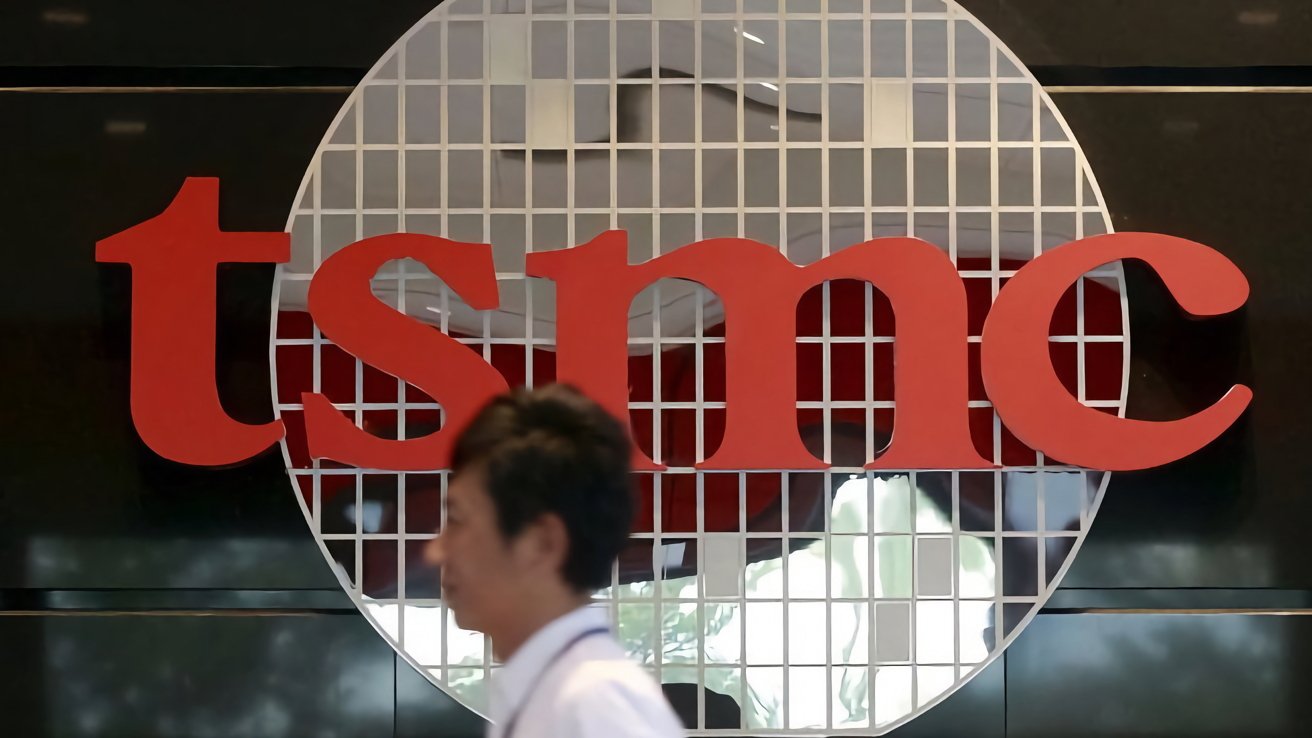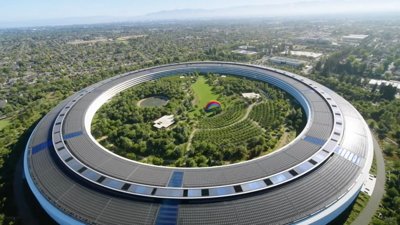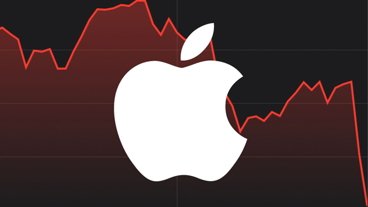Apple's iPhone processor manufacturer TSMC has announced that it expects its second Arizona plant will be delayed by up to two years — and may no longer produced the promised 3-nanometer chips.
TSMC's second plant in the state was announced in 2022 with the company increasing its investment from $12 billion $40 billion for the new factory's development. This plant was specifically said to be for making 3nm processors, though it was later revealed that the all Arizona-made chips would still go to Taiwan for final assembly.
According to the Wall Street Journal, TSMC chair Mark Liu has announced that construction continues, but it will not be mass producing processors by 2026 as planned. At present, TSMC expects it to be fully operational by 2027 or 2028, though it gave no specific reasons for the delay.
While TSMC produces processors for many companies, it has a long-term relationship with Apple. Tim Cook has confirmed that Apple will use TSMC chips made in Arizona.
Liu also said that the new factory may not be dedicated to 3nm production. He said that the specific chip type had yet to be determined, and that the choice would be affected both by customer demand and government incentives.
The reference to initiatives is not the only factor in TSMC's relationship with the US government. As TSMC is a Taiwanese company and the US does not have an income tax agreement with that country, the chip manufacturer faces double taxation.
Unless this changes, it's been reported that TSMC would therefore be paying out over half of its US profits in tax.
Liu also said that TSMC is in "consistent communication with the U.S. government on incentive and tax credit support" regarding its Arizona operations.
Separately, TSMC's Arizona plant construction has been heavily criticised for being unsafe, and TSMC workers have said American staff "are the most difficult to manage."
 William Gallagher
William Gallagher


 Amber Neely
Amber Neely
 Marko Zivkovic and Mike Wuerthele
Marko Zivkovic and Mike Wuerthele

 Andrew Orr
Andrew Orr
 Malcolm Owen
Malcolm Owen


 Wesley Hilliard
Wesley Hilliard-m.jpg)









6 Comments
Grain of salt. All the reporting on this has been a bit unreliable.
I suspect it is related to the US presidential election, specifically Trumps threats regarding tariffs (since the chips will be sent back to Taiwan and then reimported) and taxation.
The packaging (SIP) for Apple, will be done by an adjacent AMKOR plant that is to the west of TSMC plant.
Excerpt from AZFamily.com: https://www.azfamily.com/2023/11/30/new-2-billion-plant-package-apple-microchips-manufactured-arizona/
“Advanced packaging is a cutting-edge design and manufacturing method that places multiple chips with a variety of functions in a densely interconnected two- or three-dimensional “package,” explained the National Institute of Standards and Technology. …”
Building important infrastructure takes time measured in years, decades.